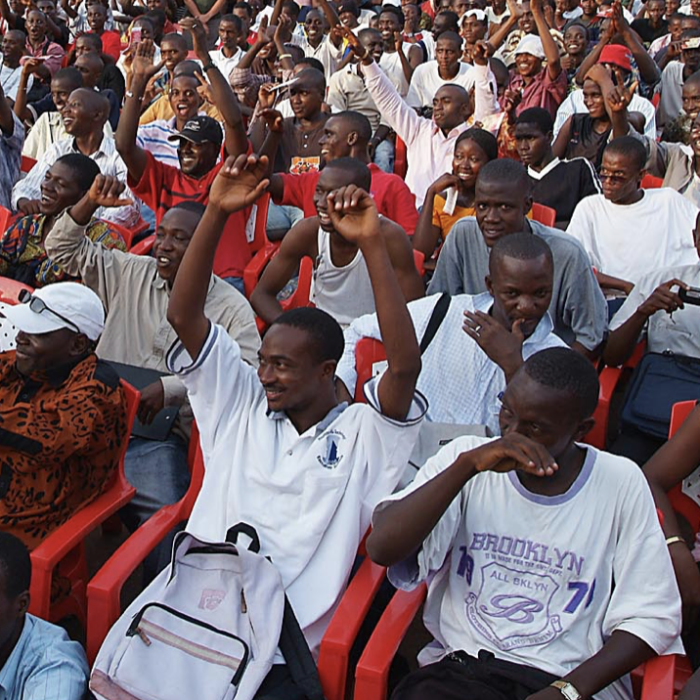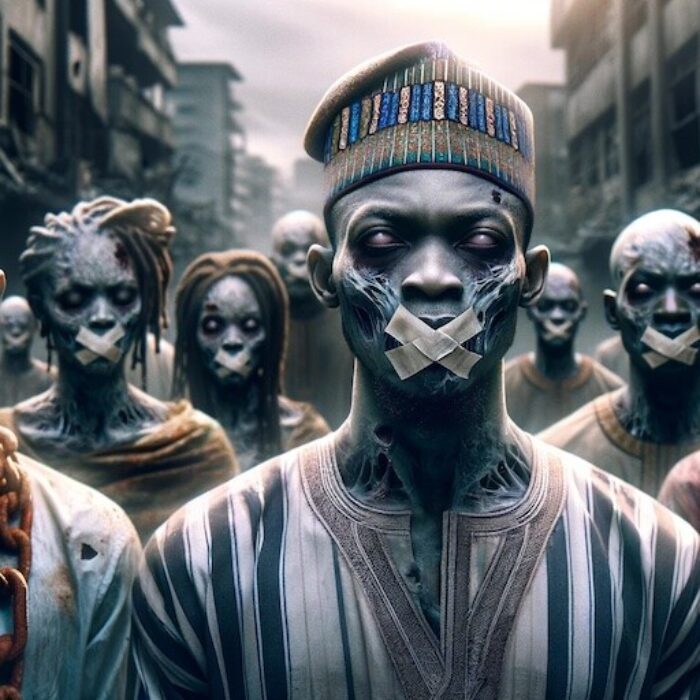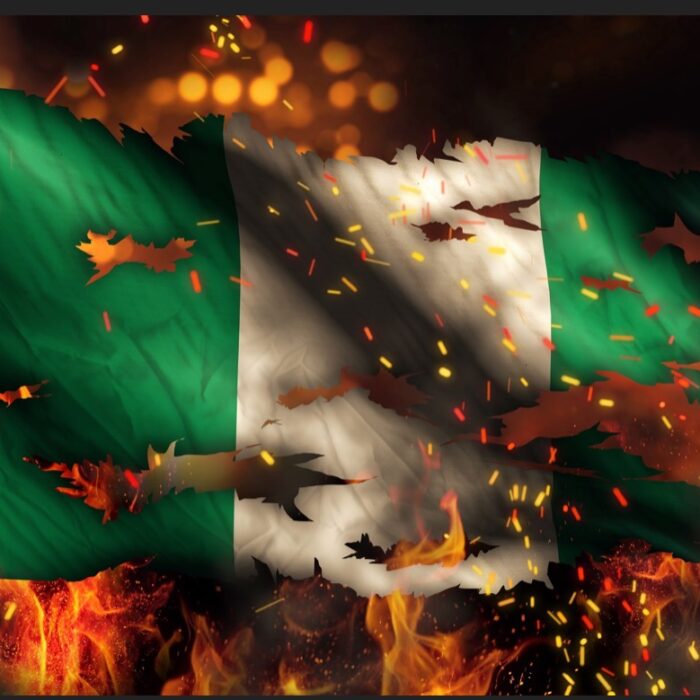By Nnaoke Ufere, PhD
Nigeria’s dismal exit from the 2024 Paris Olympics without securing a single medal serves as a stark reflection of deeper systemic failures that plague the nation.
The success of individual Olympic athletes is undoubtedly shaped by talent, dedication, training, and experience, but broader national factors also play a critical role in determining which countries excel at the Olympics.
Despite the unwavering dedication and perseverance of Nigerian athletes, they were ultimately failed by a system plagued by corruption, inefficiency, and complacency. Training facilities are outdated, and funds allocated for their rehabilitation often disappear without accountability.
Predictably, Nigerian politicians will deflect responsibility for this poor showing, likely placing the blame on the athletes themselves for failing to meet international standards.
However, a closer examination reveals that the real failure lies not with the athletes, but with the government and its inability to provide the necessary support and infrastructure to foster competitive sports.
Furthermore, this outcome is emblematic of a country that has long lost its way and is in decline, where the priorities of those in power are misaligned with the pursuit of excellence.
In a striking example of bureaucratic oversight, Nigeria’s Olympic officials failed to include the name of their star women’s 100-meter sprinter in the official roster submitted to the Olympic track and field coordinators. This incident underscores a broader issue within Nigeria’s sports administration, where the potential of talented athletes is often overlooked or mishandled.
Furthermore, there has been little to no effort made to encourage Nigerian athletes who train and excel overseas to represent their home country in international competitions. A poignant example is Annette Nneka Echikunwoke, a talented athlete who volunteered to compete for Nigeria but was ignored by the authorities.
As a result, Nneka went on to represent the United States, where she secured a silver medal in Hammer Throw. This situation highlights a missed opportunity for Nigeria and raises serious questions about the support and management of its athletes on the global stage.
The government’s negligence and mismanagement have stifled the potential of a generation of athletes, forcing them into mediocrity and squandering opportunities for individual success and national pride.
At my watch party, we erupted into our signature Nigerian fervor, cheering on our athletes with unbridled enthusiasm. But as each event unfolded, our excitement was met with crushing disappointment.
However, a glimmer of pride emerged in the form of Annette Nneka Echikunwoke and Yemisi Ogunleye, two athletes of Nigerian descent who claimed silver and gold medals in the Hammer Throw and Shot Put, respectively, while competing under a different national flag.
Though their victories were not a direct win for Nigeria, they offered a fleeting solace from the overwhelming dismay that gripped us as we grappled with the underwhelming performance of a nation boasting a staggering 250 million people.
This ongoing decline is not new.
Nigeria’s Olympic medal count has been on a downward trajectory over the last five Olympic Games. In 2008, Nigeria managed to secure five medals, including one gold at the Beijing Olympics. The tally slightly improved in 2012 with six medals at the London Olympics, though none were gold.
However, the decline became pronounced in 2016, with just one bronze medal at the Rio Olympics, followed by a mere two medals (one silver and one bronze) at the 2020 Tokyo Olympics. The ultimate disappointment came at the 2024 Paris Olympics, where Nigeria failed to secure a single medal.
This sharp decline in Olympic success mirrors the broader failures in governance and cultural integrity in Nigeria, particularly under the administrations of Buhari and Tinubu. As leadership faltered, so too did the nation’s performance on the global sports stage.
This correlation between Nigeria’s deteriorating Olympic results and its worsening governance indicators is too significant to overlook. I must note that correlation is not causality.
The Role of Economic and Cultural Factors on Olympic Performance
Research consistently shows that a country’s Olympic success is influenced by a combination of cultural and economic factors. Cultural values such as patriotism, integrity, and discipline are crucial for nurturing top-tier athletes. Countries that instill these values in their citizens tend to perform better in the Olympics.
Additionally, economic resources such as GDP, population, and infrastructure also play a significant role. Wealthier and more populous nations are generally more successful, as they can afford better training facilities, coaching, and support for their athletes.
Nigeria’s decline in Olympic medal count from the 2016 to 2024 games parallels its economic downturn and deteriorating national integrity. During this period, Nigeria’s GDP per capita growth rate declined by an average of -2.5% annually. This economic malaise is mirrored in the country’s lower rankings on integrity measures, such as the Corruption Perceptions Index (CPI) and the Index of Public Integrity (IPI).
Nigeria’s CPI ranking fell from 136th out of 176 countries in 2016 to 157th out of 180 countries by 2023, while its IPI ranking dropped from 94th in 2018 to 105th in 2020. These declines in economic performance and integrity are closely linked to Nigeria’s diminishing Olympic success.
A Call for Accountability and Reform
In sum, Nigeria’s failure at the 2024 Paris Olympics is not the fault of its athletes but a reflection of broader governmental failures. The decline in Olympic performance is symptomatic of deeper issues in governance, economic management, and cultural values.
If Nigeria is to reclaim its place on the global sports stage, it must address these systemic issues at their root. The government must invest in sports infrastructure, support the development of young talent, and foster a culture of integrity, patriotism, and discipline.
Without these changes, Nigeria will continue to lag behind on the world stage, not just in sports but in all areas of national development. The time for excuses is over—Nigerians deserve better, and it’s up to the government to deliver.





